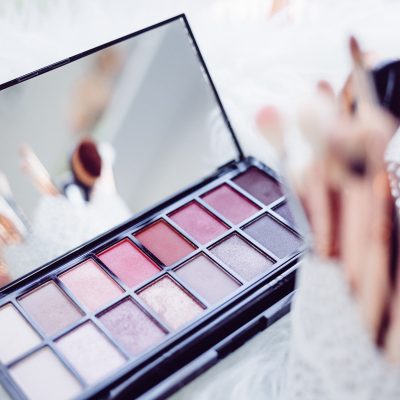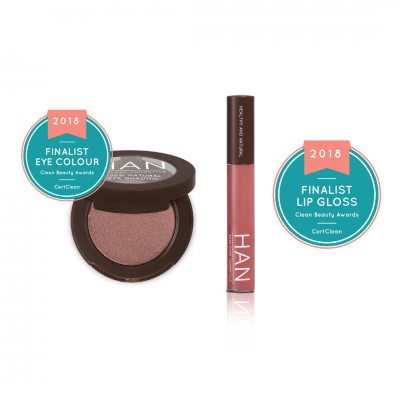“All natural”- this phrase is arguably one of the biggest buzzwords in skincare and cosmetics today. It implies a brand’s careful consideration of ingredients, ethical practices, and commitment to delivering safe and green products.
Yet some brands best known for their dedication to upholding the values of all things natural don’t carry its badge of honor. Why is that, when these companies-us included-are committed to ensuring that their products stay true to the best nature has to offer?
Defining Natural Standards
To this day, there is no national body tasked with regulating just how clean, pure, or green a particular cosmetic or skincare product is. This means that the term “natural” isn’t standard across all products, nor are they subject to any regulation or testing.
Essentially, brands set their own standards for what “natural” means, and they are fully responsible for how closely they adhere to it. This is where the confusion comes in.
Because the term “natural” doesn’t have a strict definition, it can mean a lot of different things to different companies. So when brands don’t define the term when they slap the word on their labels, consumers are left to wonder what they really mean. Is it because their product’s ingredients are derived from plants? Does it imply that none of their ingredients are synthetic? Is it because they follow the ideal ratio of natural ingredients versus chemical additives? To that end, what’s the ideal ratio, anyway?
The ubiquity of the term “natural” renders the claim almost vague and meaningless. And, unfortunately, for companies who are actually committed to ensuring that they deliver on this promise, it makes it harder for consumers to put their trust in the brand.
The Value of an All-Natural Seal
Despite the lack of regulation for what “natural” really means, there are third-party organizations willing to authenticate a brand’s claims.
Organizations like Ecocert, NPA, Cosmos, and the like, specialize in providing standards that organizations can follow. Their focus is in ensuring that ingredients used are derived from renewable sources, that most, if not all, ingredients are from natural origins, and that products don’t pose any human health risk.
It’s important to understand, however, that while these organizations will in fact check ingredients carefully and study a company’s production processes to see if they comply with their stringent standards, they are offering a service that is, often, expensive.
For starters, most of these certifying bodies will require an application fee. To move forward with the process, there are testing fees-usually for each product. These additional costs add up and brands often have to make up for the additional overhead by passing it on to consumers with higher prices.
In short, an independent skincare or cosmetics company (like us) who already closely adheres to natural standards, might gain a respected natural certification or verification seal; but bear in mind that we already give the same high quality, all-natural product without it.
What All-Natural Means to Us
At the end of the day, it all comes down to a brand’s standards and their commitment to following it.
For us at HAN, this means offering one of the purest, healthiest, and highest quality color cosmetics lines available in the market today, it means never using artificial colorants or fragrances, it means keeping our products free from parabens or toxic chemicals, and it means never testing on animals.
Yet, despite being one of the most clean all-natural brands out there today, HAN still isn’t certified for it. Why? Because the company doesn’t want customers to pay for it.
It would be nice to have, down the line. And of course, once business scales to the point where independent brands can have these certifications without passing on the costs to customers, then HAN would be first in line to pursue them.
Until then, know that there are brands out there who live and breathe these values and work hard to uphold them-we proudly say we are among them.


